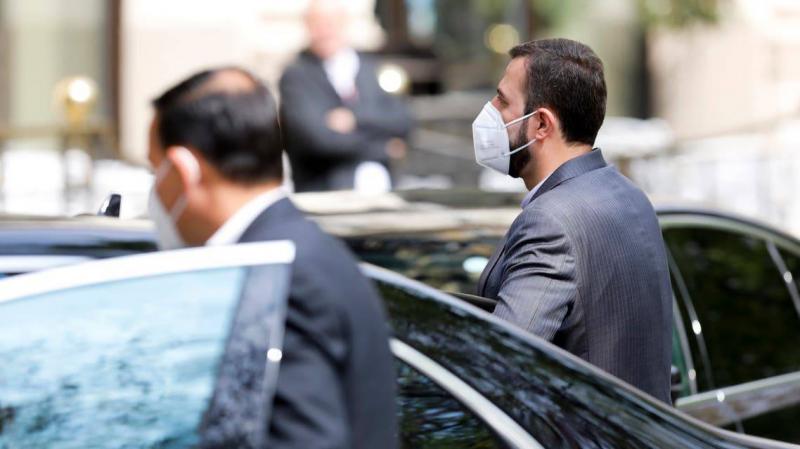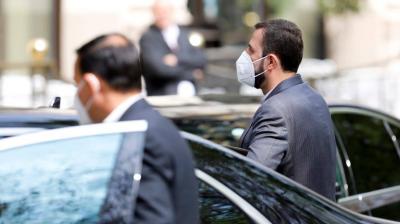Iranian and American recent stances do not indicate any flexibility that could be translated into the stalled nuclear negotiations since April in Vienna. In the latest tough Iranian stance, the head of the National Security Committee in the Iranian parliament, Vahid Jalalzadeh, announced in statements on Saturday that the new round of nuclear agreement talks will be held with a "new structure." He clarified that the negotiations could be led by the Foreign Ministry or even the Supreme National Security Council. However, he refused to elaborate further on the new structure of the talks.
Upcoming Changes
A member of the National Security and Foreign Policy Committee in the Iranian parliament, Zahra Al-Hayan, also confirmed days ago that the model of negotiations would change, describing the approach taken by Hassan Rouhani's government during the negotiations as "exhaustive" and fruitless. In turn, U.S. Special Envoy for Iran, Robert Malley, raised significant questions about the fate of the Iranian nuclear agreement ten days ago. He expressed doubt about the outcome of the talks that had held seven rounds in Vienna without reaching an understanding to revive the 2015 agreement between Tehran and Western countries, from which the U.S. administration withdrew in 2018, reinstating numerous sanctions on Iran.
Iran's Lack of Cooperation
In an interview with Politico at that time, he considered that returning to the agreement "is not something that the U.S. administration can fully control," especially given the lack of cooperation from the Iranians. While Malley refused to specify a percentage for the likelihood of the talks' success, noting that any figure in this area would not be useful, he emphasized that developments in this file depend on what the Iranians will do. However, he confirmed that Washington is still willing to resume negotiations, which would not have been the case if it did not believe that a deal might be possible.
It is noteworthy that since April, nuclear negotiations in Vienna, with indirect participation from the U.S. administration, have not reached a revival of the 2015 agreement after seven rounds of talks. They were halted last month (July) amid ongoing disagreements over several key issues.




